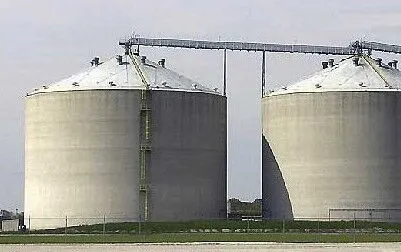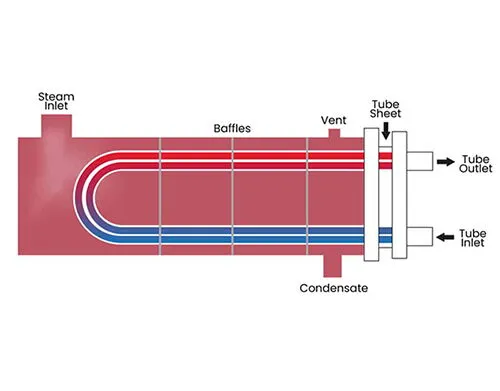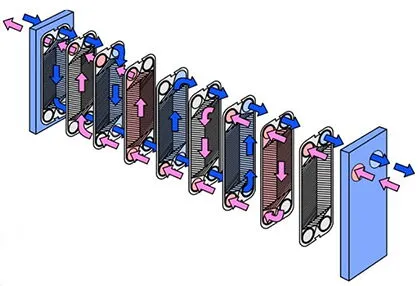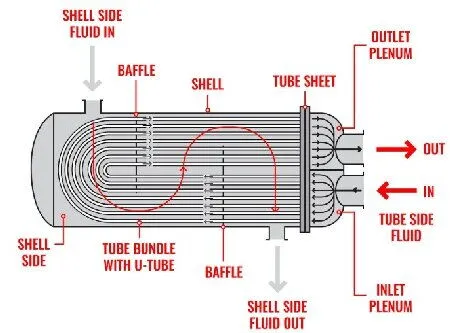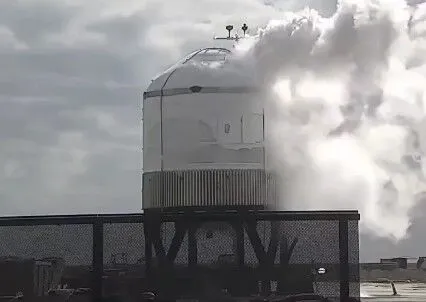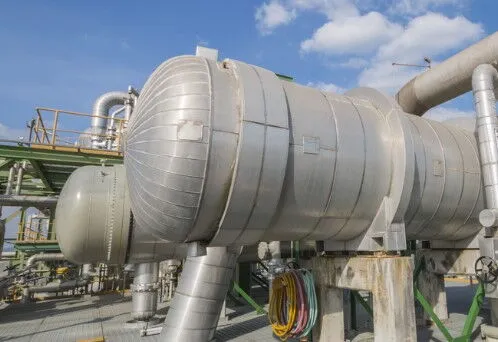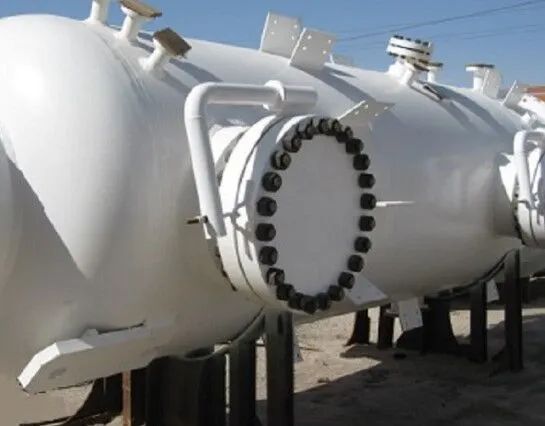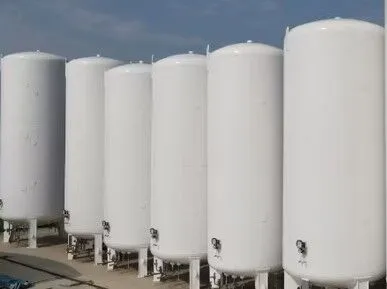When and How to Replace Storage Tank Roofs and Bottoms?
Storage tanks are critical equipment used for storing liquids, gases, and other substances. Over time, the roof and bottom of the storage tank are susceptible to corrosion, wear, and operational issues. To ensure the storage tank's safety and stability, it is essential to promptly identify and repair these defects. This article provides an in-depth overview of common corrosion problems in storage tank roofs and bottoms and outlines repair and replacement methods to ensure the storage tank continues...

